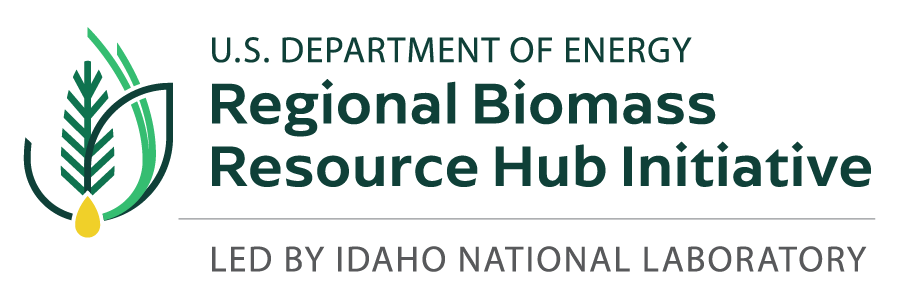Capabilities
Description The Algae Biorefinery team offers cutting-edge pretreatment, fractionation, and conversion technologies designed to produce biofuel and value-added co-products (e.g.
Description Algae biomass is at risk of degradation from the moment it is harvested until it can be utilized by
Description NREL’s AD laboratory enables R&D on at Biosafety Level 2 operations including bench scale and pilot scale equipment (in
Description NREL’s analysis group has world-class capabilities for technoeconomic analysis and life-cycle assessment. The group uses sophisticated modeling software including
Description The Analysis and Sustainability Interface offers integrated techno-economic (TEA) and life-cycle analysis (LCA) supports coupled to technology developers’ input
Description Belowground plant traits are critical to crop resilience and sustainability outcomes. Standardized sampling methods can facilitate more extensive plant
Description Bio-C2G is a lightweight, flexible biositing model capable of quantifying production costs, life-cycle emissions, water use, other relevant metrics
Description The BOTTLE™ consortium is at the forefront of impactful research and development aimed at revolutionizing recycling practices. Our mission
Description The Bioenergy Feedstock Characterization Laboratory at the Department of Energy’s Biomass Feedstock National User Facility (BFNUF) features advanced capabilities
Description The Bioenergy Feedstock Library (BFL) is an extensive collection of data on biomass feedstock characteristics compiled in an easy-to-access
Description The NREL Biomass Compositional Analysis Team offers comprehensive characterization of biomass materials including lignin, structural carbohydrates (glucan, xylan, galactan,
Description Size reduction is an essential preprocessing step. Biomass deconstruction is strongly dependent on tissue structure, distribution, moisture content, stress
